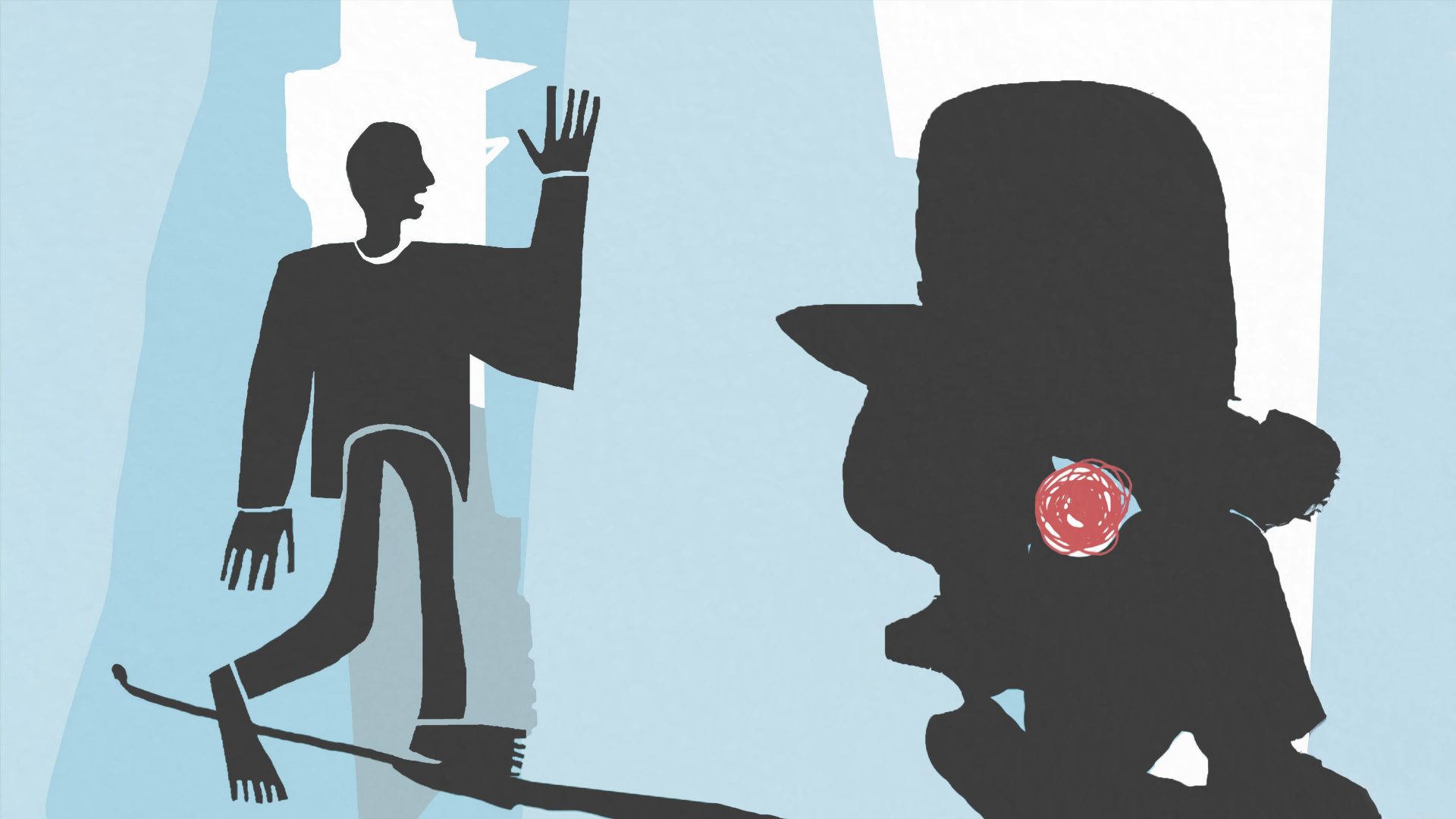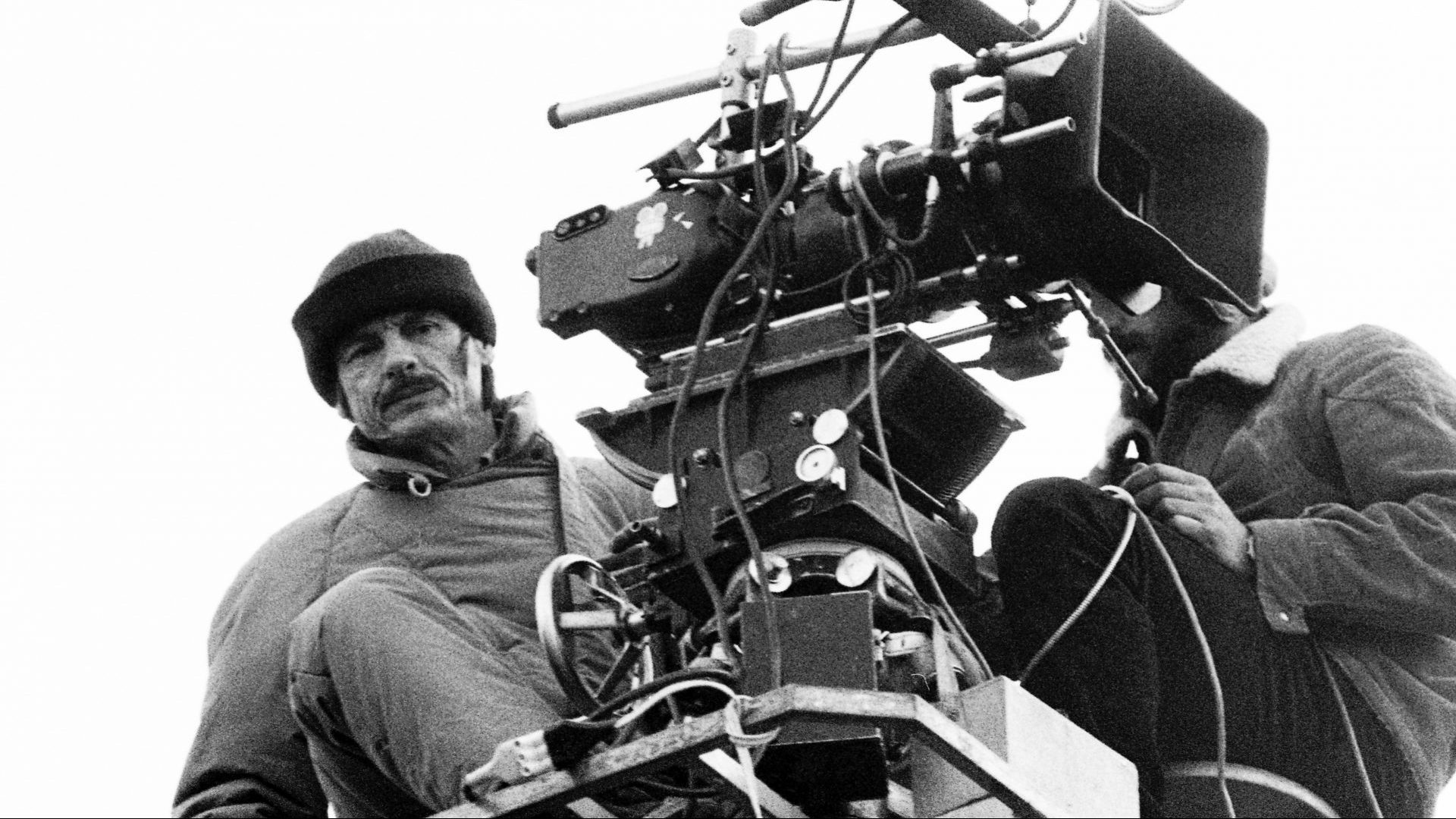Most people are unlikely to want to go to a party if they are certain that they will not know a single person there. Similarly, I see little point in leaving the house if I’m aware that the sun will not be making an appearance in the sky.
“But Marie,” I already hear you ask. “There’s a flaw in your reasoning, isn’t there? Don’t you live in Britain, by choice?” I do, friends, I do. People get married to people they don’t really love and they take jobs they know they will hate and I chose to move to London despite knowing that constant clouds and rain make me quite depressed.
Still, I am not writing to you from my bed, at least not this time. I dragged my sorry, forlorn carcass to a nearby cafe and must resentfully admit that it was the right course of action. On my way out of the building, I bumped into one of my neighbours, and we chatted for a while; as I ordered my coffee, I talked to the barista for a few minutes. My mood, while hardly jubilant, is better than it was an hour ago.
This is a feeling I know I must hold on to. It’s also one I’ve been thinking about increasingly often over the past few weeks and months. 2024 was the year of democracy; the world had never seen so many elections happen in the span of 12 months. Those elections went… well, you know. You were there as well.
Britain chose the centre left, but few other places did. Donald Trump is back in the White House and South Korea elected a president who then tried to impose martial law on his citizens. The less said about the snap election in my own country, the better. 2024 was a year of change, and few of those changes were any good. The world hadn’t exactly felt happy and safe in 2023, but it is definitely looking worse now.
What should we be doing in 2025, then? Will this be democracy’s hangover?
It’s something I talked about with a friend just recently. We’d been discussing the war in Ukraine, among other cheery things, and he confessed something to me. A few months earlier, he said, his old phone had died. He’d bought a new one, noticed that BBC’s breaking news alerts hadn’t automatically been added, and he chose… not to turn them back on.
He sounded guilty as he said it; as if he had covertly stopped eating his greens. Of course he still followed the news, he protested; he just did it once in the morning and once in the evening. He was, as a result, more relaxed than he’d been in years. I waited for him to finish his confession, then told him that I no longer had breaking news alerts on my phone either. Like him, I still follow current affairs, but prefer doing so at my own pace.
I wonder if this is what 2025 ought to be about. Soon, the news will be dominated by whatever Donald Trump has said, threatened or done, day after day after day. Things may well go south in Germany soon, and no one believes that France is headed for sunlit uplands. Some may argue that it is our duty to breathlessly follow every single development, but I just don’t think I agree any more. Spending your life being overwhelmed by the dire state of global affairs doesn’t help anyone.
To be clear, I’m not saying that people should be retreating from the world entirely. If anything, I’d like to make a case for the opposite. It serves little purpose to endlessly scroll on your phone and laptop, keeping an eye on everything dreadful happening around the world. Instead, what may be good for us, collectively, is to remember that there is a middle ground between hibernation and all-encompassing connectedness.
We live in cities or in towns, and we have neighbours and local politicians and people working in shops, restaurants and cafes around us. They may not all share our political views, outlook on the world, social background, age, or whatever else, but that is precisely why we should be engaging with them.
“There is more that unites us than divides us” is a phrase often used in politics, but it can be even more useful elsewhere in life. I’ve no idea how the man across the hall from me votes come election time, but that doesn’t matter. There are so many other things we can talk about, and so many small, seemingly inconsequential things we can agree on.
Much has been said about the increasing atomisation and polarisation of people in the social media age, and the only way to fight back is to remember that no man is an island, and we’ll miss local communities when they’re gone. I find it hard to leave the house in the winter, but if I can do it, so can you. 2024 has been the year in which many big things went wrong; perhaps 2025 can be the one where we get the small things right, together.



